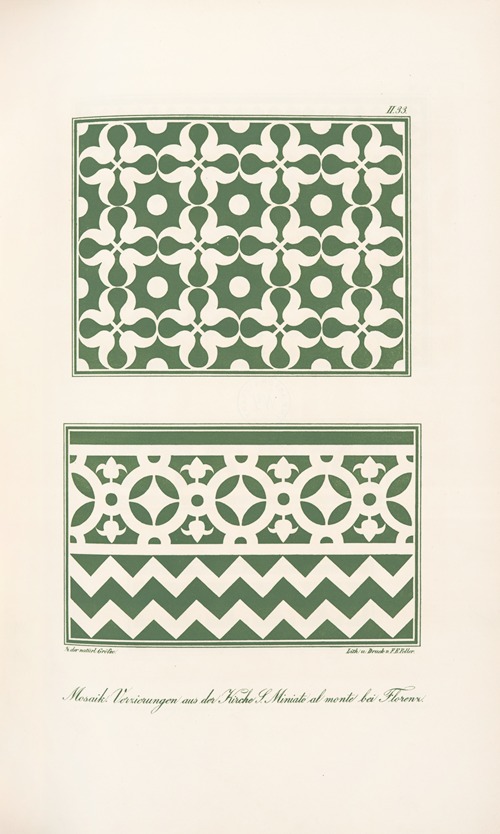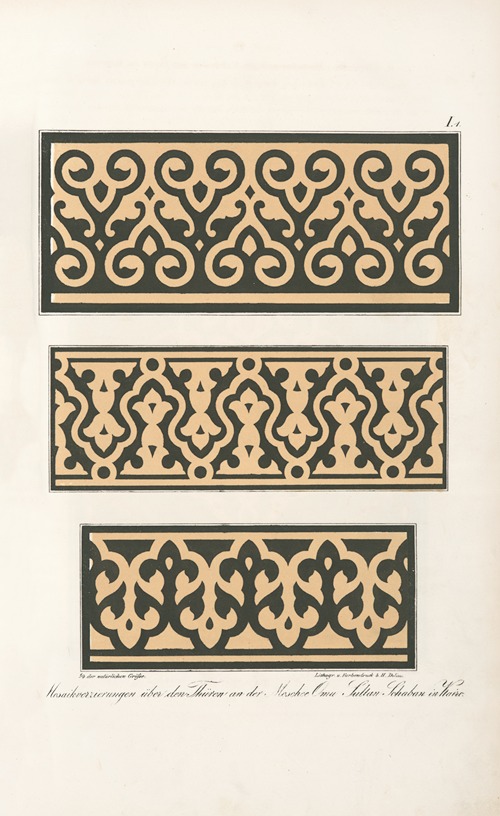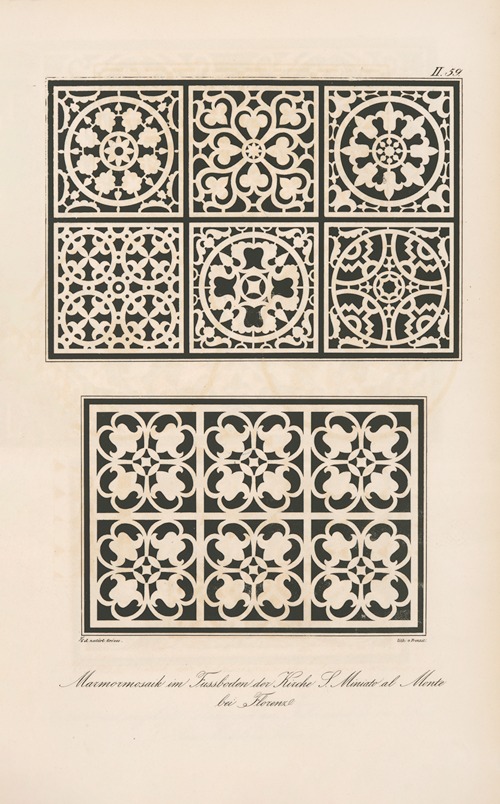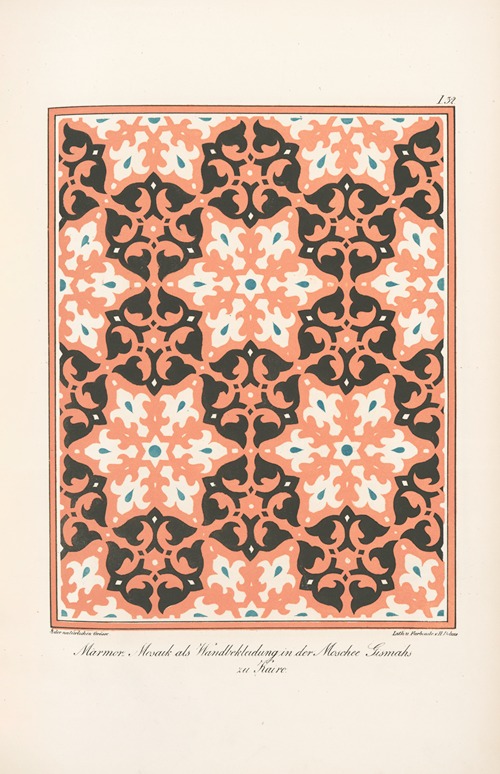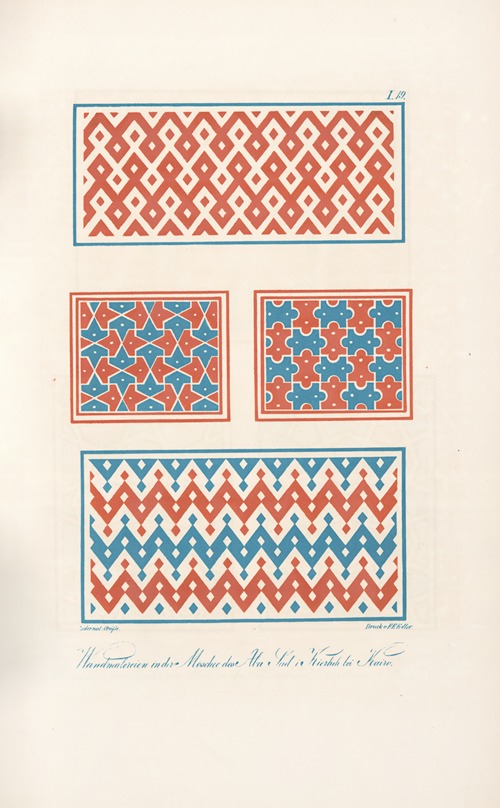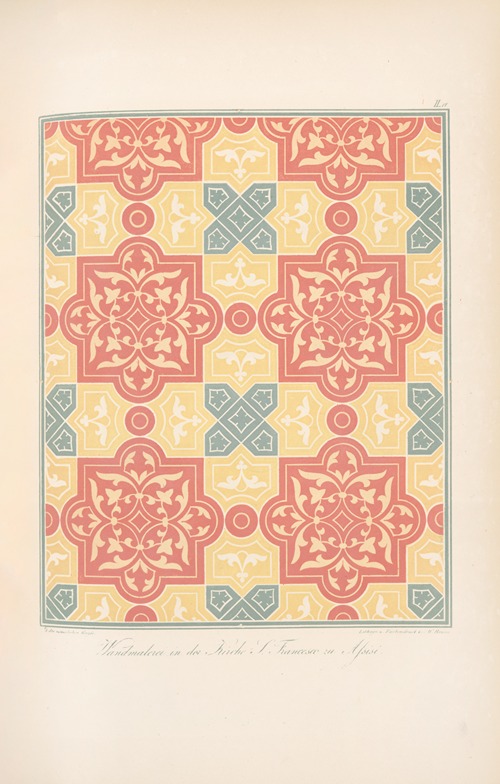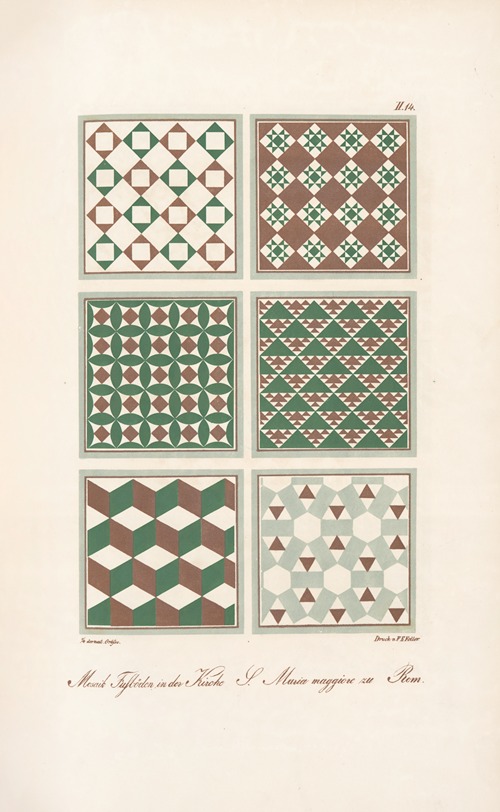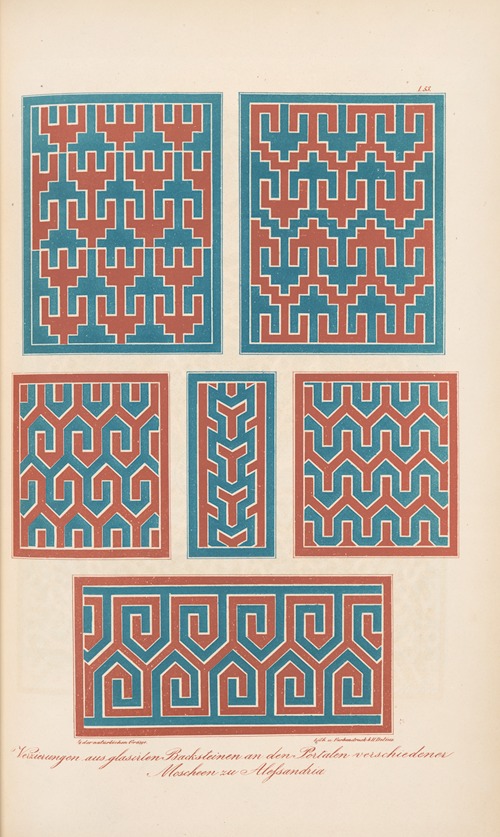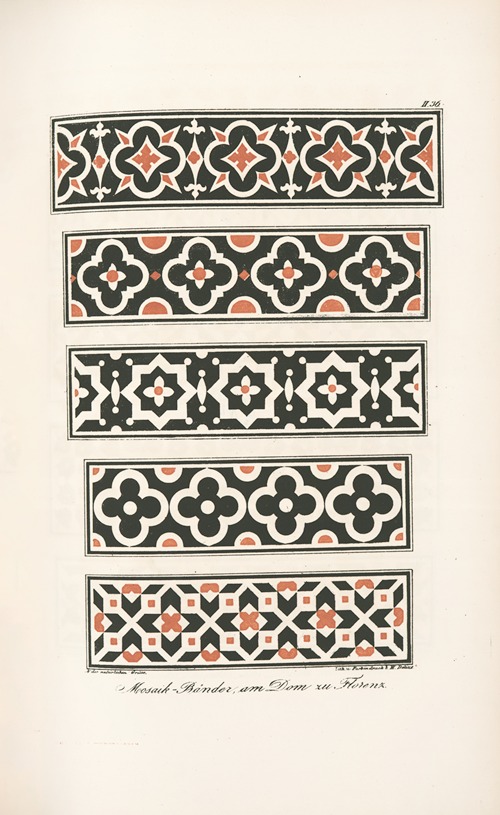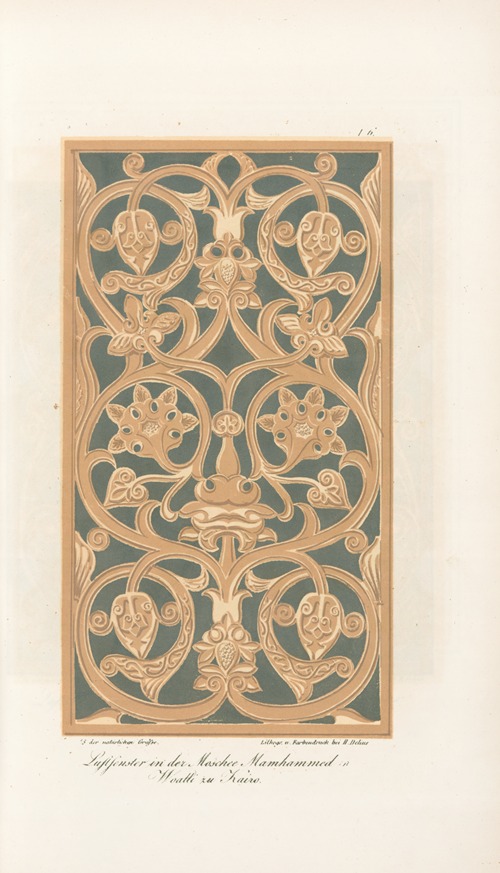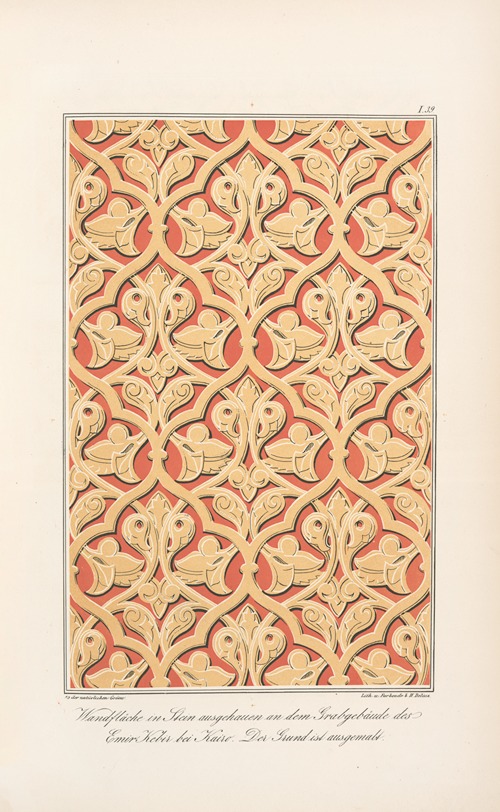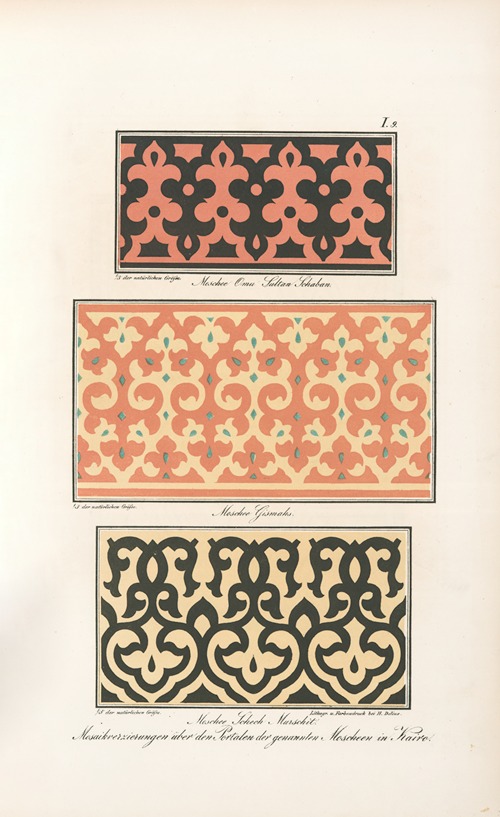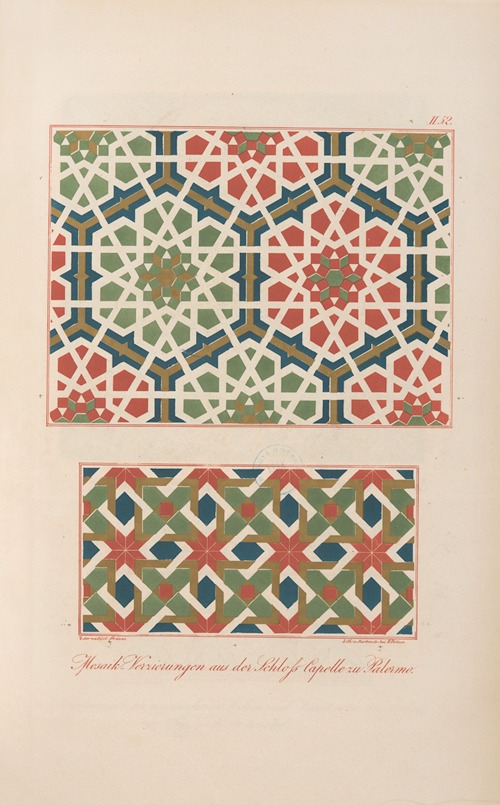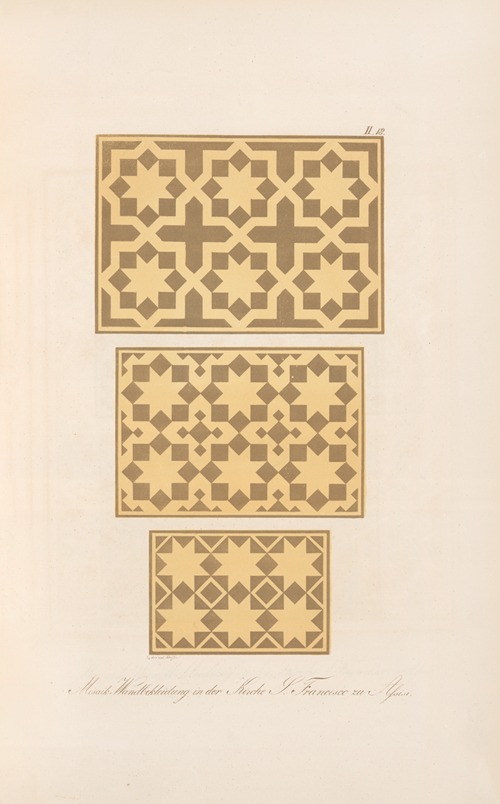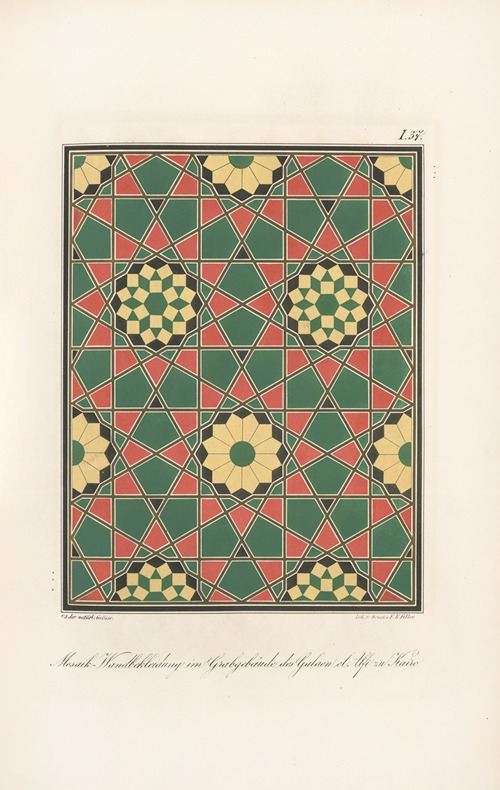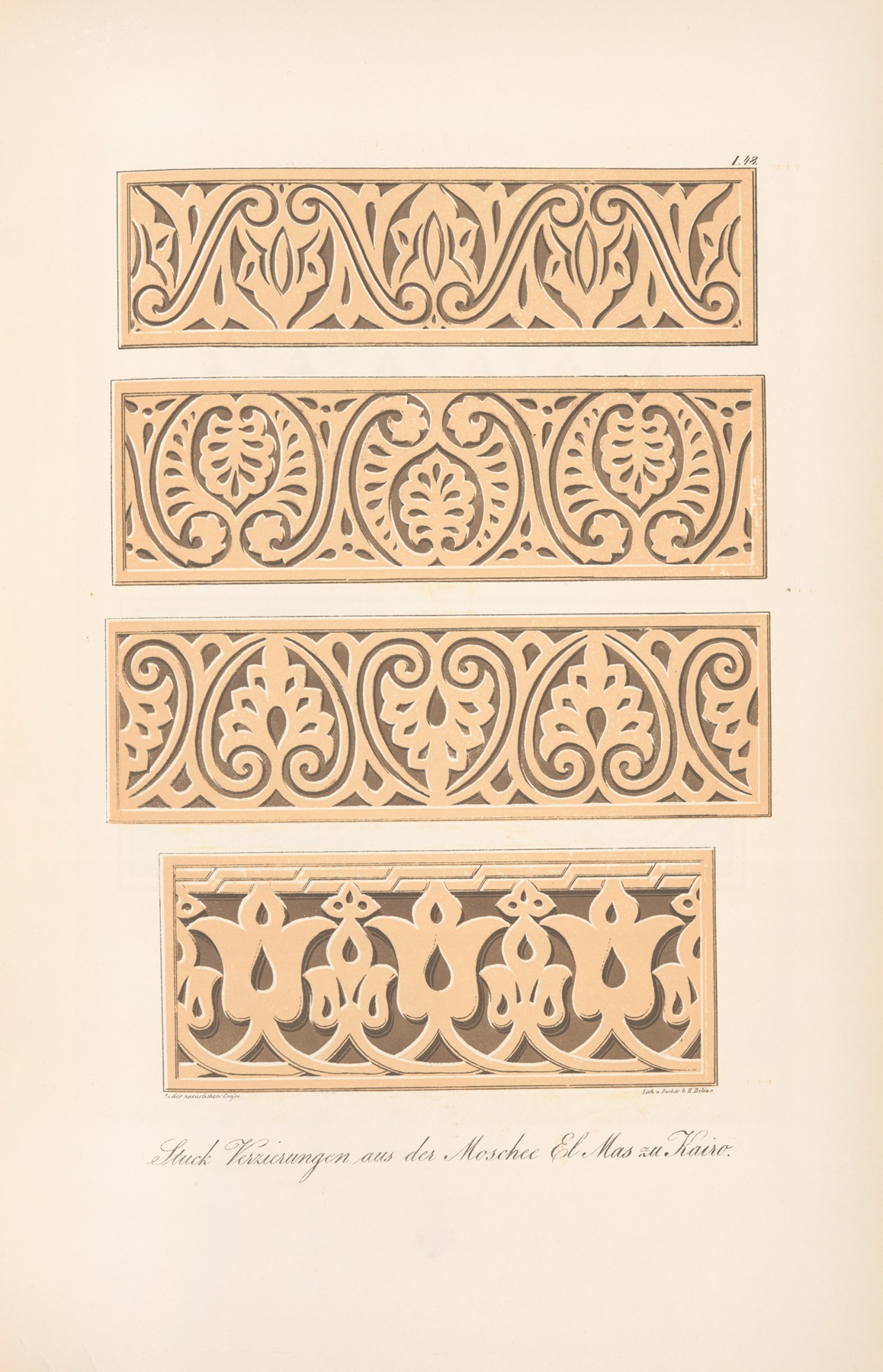
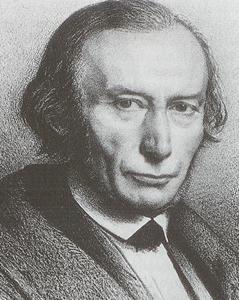
Friedrich Maximilian Hessemer was a German architect and author.
He was the son of Bernhard Hessemer, the Baurat (building commissioner) of Hesse.
He spent several years at the local Gymnasium, but did not graduate, following instead his father's wishes that he join the Grand Ducal Artillery. In military school, he showed a special interest in mathematics. He later spent two years at the University of Gießen, studying science and philosophy. In 1817, he was a participant in the "Wartburg Festival". His cousins Adolf Ludwig, Karl and Paul Follen were among the movement's leaders. He began writing while at Geißen, producing mostly poems at first. When he returned to Darmstadt, he took up the study of architecture.
After completing his training in 1827, he embarked on a two-year study trip to Italy. While in Rome, he learned that he had been accepted as a teacher at the Städelschule in Frankfurt, but was allowed to extend his study trip with a visit to Egypt. He returned with hundreds of drawings of Arabic art and architecture and took up his duties in August 1830. A year later, he became a member of the Masonic Lodge.
In 1838, he refused an offer from the Dresden University of Technology and remained at the Städelschule for the rest of his life. His grave in the Frankfurter Hauptfriedhof is next to one of his best-known works, the Mausoleum of Countess Emilie von Reichenbach-Lessonitz.
